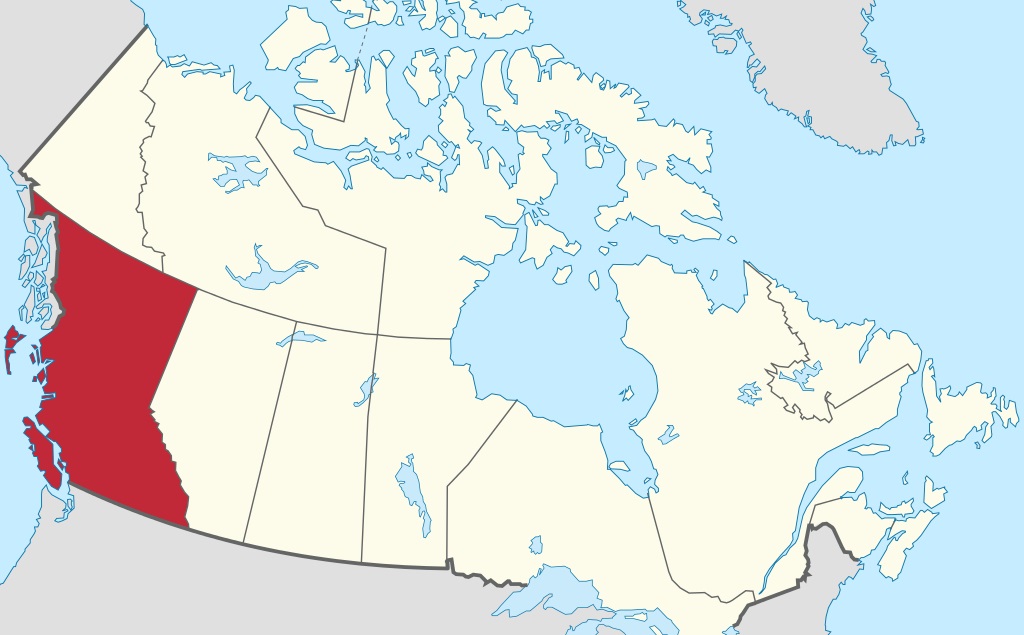British Columbia bans most gasoline and diesel cars after 2040
 |
| British Columbia |
British Columbia has followed through on a plan to ban sales of new gasoline and diesel cars starting in 2040.
On Wednesday, the province passed the Zero Emissions Vehicles Act, which requires that all cars sold in the province by 2040 be "zero emissions vehicles." That includes electric cars, plug-in hybrids and fuel-cell vehicles—so many of the cars could potentially be plug-in hybrids with gasoline range extenders.
By 2025, 10 percent of car sales in the province need to fit that definition, and the requirements ramp up through 2040.
The move is designed to get automakers to send more plug-in vehicles to the province, says Clean Energy Canada Policy Director Dan Woynillowicz. "This is going to go a long way toward addressing a problem we've had in British Columbia, which is we have more British Columbians interested in buying electric cars than we have electric cars on dealership lots," he told the CBC.
British Columbia offers electric-car buyers a 5,000 Canadian dollar ($3,700 U.S.) purchase incentive (a point-of-sale rebate), in addition to the new Canadian national CA$5,000 tax credit.
The new act is, by its timeline, the most aggressive electric-car agenda in North America. In September, California passed a plan to go zero carbon by 2045; that zero emissions vehicle program targets "nearly 100 percent of new vehicle sales" by 2050.
